Florence, with its deep roots in the 14th century and founding principles of harmony between humans and nature, has been a leader in environmental conservation since its inception. Early initiatives like green spaces in urban planning and advanced waste management systems have shaped the city's enduring dedication to sustainability. Today, Florence blends historical beauty with modern eco-friendly practices, from restoring historic green spaces to collaborating on innovative waste and energy solutions. The city engages the community through various programs, ensuring active participation in preserving its natural heritage while attracting visitors who share a commitment to conservation. Florence's approach promises to make it a global model for urban centers, balancing its rich history with a sustainable future.
Florence, renowned for its rich artistic heritage, has also forged a powerful path in environmental conservation. This city, steeped in history, has embraced sustainability with innovative projects and community engagement. From early pioneering efforts to modern initiatives, Florence’s green legacy is a testament to its commitment. Unveiling the key projects and community involvement that shape its ecological landscape, we explore how this founding history has fueled a thriving, eco-conscious future.
- Florence's Green Legacy: A Historical Overview
- Conservation Pioneers: Florence's Early Efforts
- Preserving Nature: Key Projects and Initiatives
- Community Engagement: Involving Residents and Visitors
- Future Prospects: Innovations in Florence's Green Revolution
Florence's Green Legacy: A Historical Overview
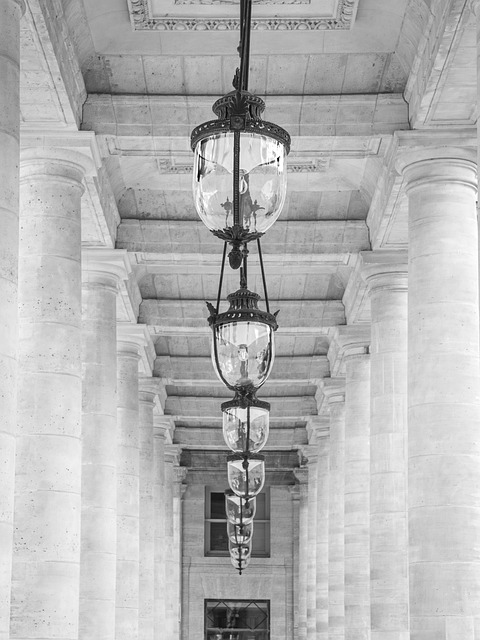
Florence, with its rich history dating back to the 14th century, has been a beacon of cultural and artistic excellence, but it also boasts an impressive green legacy. The city’s environmental conservation efforts are deeply rooted in its founding principles, which prioritized harmony between human civilization and nature. From its early days as a republic, Florence embraced sustainable practices, ensuring the preservation of its natural resources for future generations.
This commitment is evident in various historical initiatives. For instance, the city’s urban planning incorporated green spaces and parks, providing residents with serene environments. Over time, Florence also implemented innovative waste management systems, setting standards for ecological stewardship. These early strides have laid the foundation for the city’s ongoing dedication to environmental conservation, making Florence a model for sustainable living in modern times.
Conservation Pioneers: Florence's Early Efforts
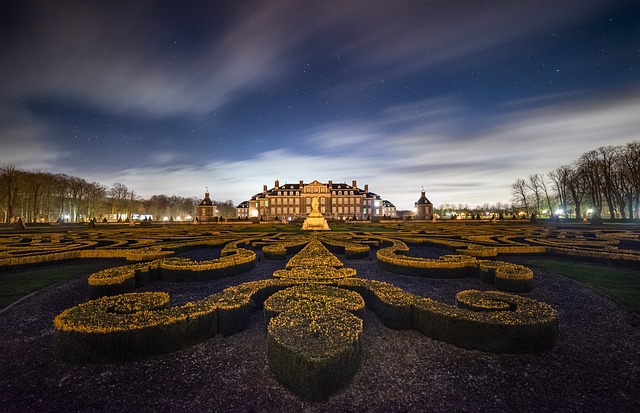
Florence, with its rich founding history, has long been at the forefront of environmental conservation efforts. The city’s early inhabitants recognized the importance of preserving their natural surroundings, setting a precedent for sustainable practices that continues to this day. Pioneers in Florence initiated various initiatives aimed at protecting local ecosystems and biodiversity. These early actions included establishing protected areas, implementing strict hunting regulations, and promoting responsible land management.
Through these efforts, Florence became a model for other communities, showcasing the positive impact of proactive conservation strategies. The city’s commitment to its natural heritage has left a lasting legacy, inspiring generations to appreciate and protect the environment, ensuring that Florence’s beauty and ecological balance are preserved for future florins.
Preserving Nature: Key Projects and Initiatives
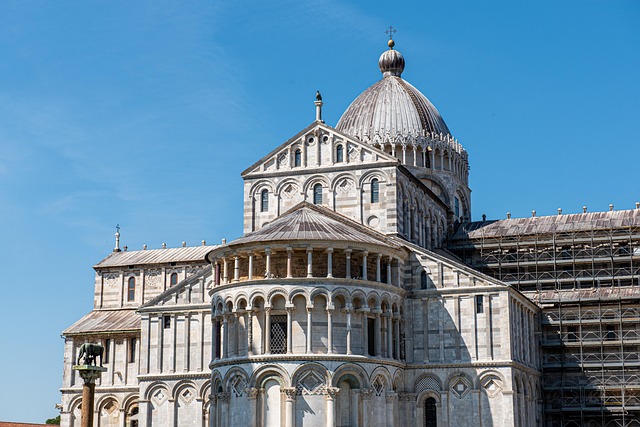
Florence, with its rich founding history, has long been a symbol of artistic and cultural heritage. However, the city’s commitment to environmental conservation is equally remarkable. In recent years, Florence has embarked on several key projects and initiatives aimed at preserving its natural surroundings and promoting sustainable practices. One notable effort is the restoration and protection of historic green spaces like the Boboli Gardens, which not only serve as oases within the urban landscape but also play a crucial role in maintaining biodiversity.
Additionally, local authorities and environmental groups have collaborated to implement innovative solutions for waste management and energy efficiency. These initiatives include expanding recycling programs and promoting renewable energy sources, such as solar panels installed on city buildings. By integrating these measures into its founding history and cultural identity, Florence demonstrates that environmental stewardship can go hand in hand with preserving its artistic and architectural legacy.
Community Engagement: Involving Residents and Visitors
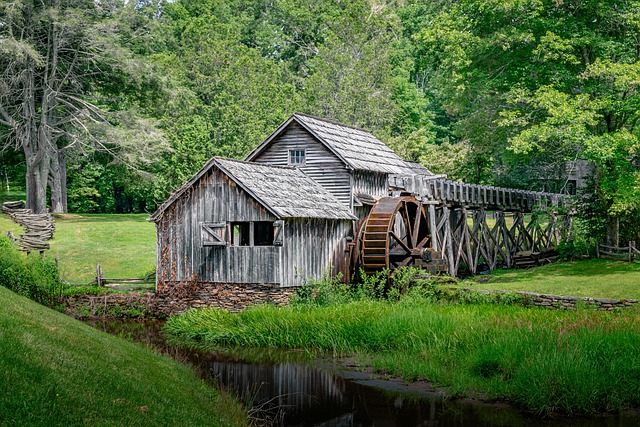
Florence, with its rich founding history, has recognized the importance of community engagement in its environmental conservation efforts. The city fosters a sense of collective responsibility by involving residents and visitors alike in initiatives aimed at preserving its natural beauty. Through various programs, workshops, and volunteer opportunities, Florence encourages active participation in protecting local ecosystems, promoting sustainable practices, and ensuring that future generations inherit a clean and healthy environment.
This engagement extends beyond local communities to attract visitors who are passionate about conservation. By integrating them into the fabric of these efforts, Florence not only amplifies its impact but also creates a deeper connection between outsiders and the city’s environmental story. This collaborative approach underscores Florence’s commitment to balancing its historical charm with modern conservation principles.
Future Prospects: Innovations in Florence's Green Revolution
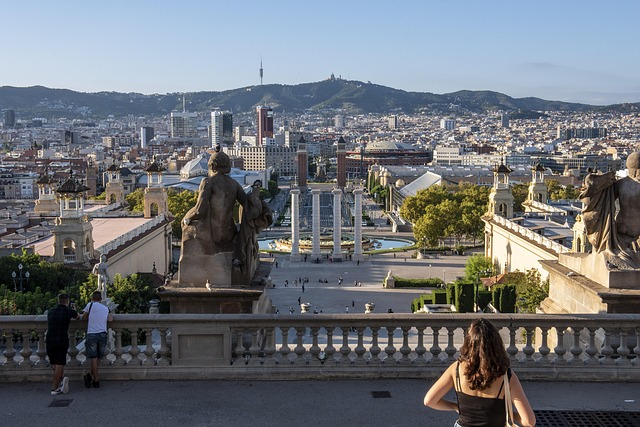
Florence, with its rich founding history, has emerged as a beacon of environmental conservation in recent years, igniting what can be termed a green revolution. This transformation is not merely superficial but deeply rooted in a city that has always valued beauty and harmony with nature. As Florence looks to the future, it’s evident that innovations in green technology and sustainable practices will continue to shape its landscape.
The city’s commitment to preserving its historic architecture and cultural heritage has naturally aligned with environmental sustainability. By embracing cutting-edge eco-friendly solutions, Florence is poised to become a model for urban centers worldwide. From smart grid systems that optimize energy usage to the implementation of renewable energy sources like solar and wind power, these innovations promise a cleaner, greener Florence. Additionally, advancements in waste management and recycling technologies will further mitigate the city’s environmental footprint, ensuring that Florence remains not just a historical gem but also an eco-friendly one.
